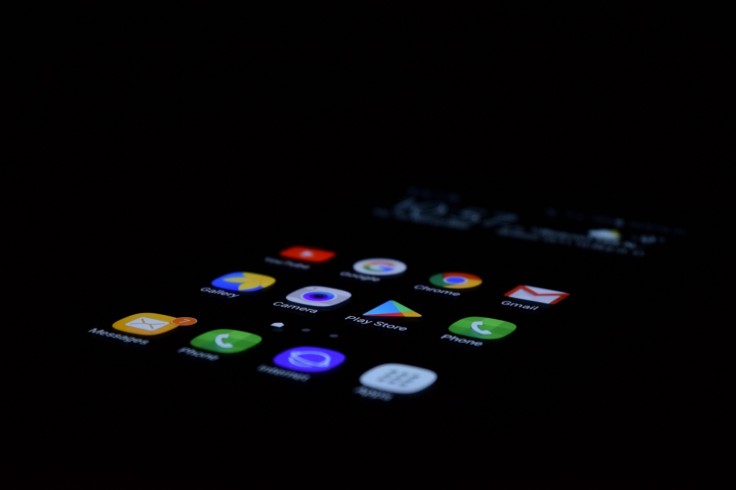
People who use smartphones are warned about the hidden danger of bad apps. Hackers often try to target devices this way. A bad file or code called malware can get into phones, computers, and laptops. It may come from things like apps, emails sent to you, or Wi-Fi networks that aren't safe.
This bad software can take away important information like money details. It's a big problem because it risks people's privacy and safety.
Usually, bad actors put harmful software into what looks like safe apps. These programs run quietly in the background, and it is hard for users to find out about them. Even though these apps seem to work, they cause problems with devices. They can mess up data quality, use too much battery, and get the phone hot.
The identified dangerous apps from 2023 serve as a reminder of the ongoing threat posed by these deceptive programs, urging caution in app downloads and online activities.
Risky Apps That Could Threaten Device Security
A roster of risky apps currently threatens device security, encompassing:
AA Kredit, Amor Cash, GuayabaCash, EasyCredit, Cashwow, CrediBus, FlashLoan, PréstamosCrédito, Préstamos De Crédito-YumiCash, Go Crédito, Instantáneo Préstamo, Cartera grande, Rápido Crédito, Finupp Lending, 4S Cash, TrueNaira, EasyCash.
If any of these apps reside on your device, immediate deletion is paramount to safeguarding device security.
Enhance device safety by installing antivirus and antimalware software. Consistent smartphone updates are vital, patching security vulnerabilities exploited by hackers. Stick to downloading apps solely from reputable stores to minimize risks; sideloading from unofficial sources escalates malware download chances.
These steps mitigate adware or malware risks, preserving device security and integrity.
A New Android Malware Detected and Banned Risky Apps
A new Android malware called Xamalicious, discovered by the McAfee Mobile Research Team, operates as a backdoor with extensive capabilities to execute various malicious activities on infected devices.
Using the Xamarin framework, it exploits accessibility permissions to perform unauthorized actions. The malware gathers device metadata, connects to a command-and-control server for a secondary payload, and controls the device at runtime.
This includes illicit activities like ad clicking, app installations, and other financially motivated actions without user consent. Identified in 25 apps, including those on the Google Play Store since mid-2020, it's estimated to have infected over 327,000 devices globally.
Primarily affecting Brazil, Argentina, the U.K., and the U.S., the malware disguises itself as health, gaming, horoscope, and productivity apps, exploiting Android's accessibility services for malicious purposes.
According to another source, Google has banned 13 Android apps due to security concerns. Users are urged to delete these apps immediately to prevent potential risks.
The listed apps, including "Essential Horoscope for Android," "3D Skin Editor for PE Minecraft," "Logo Maker Pro," "Auto Click Repeater," "Count Easy Calorie Calculator," "Sound Volume Extender," "LetterLink," "NUMEROLOGY: PERSONAL HOROSCOPE & NUMBER PREDICTIONS," "Step Keeper: Easy Pedometer," "Track Your Sleep," "Sound Volume Booster," "Astrological Navigator: Daily Horoscope & Tarot," and "Universal Calculator," have been flagged for various issues despite their download counts ranging from 100,000 to as low as 100.
Smartphones face risks from sneaky, harmful apps. They steal data, threatening privacy. The new malware, Xamalicious, exploits permissions, while Google bans risky apps, emphasizing app vigilance despite download counts.
Related Article : Security Alert: Data Leak Reported In Top Android Password Manager
© Copyright 2025 Mobile & Apps, All rights reserved. Do not reproduce without permission.















